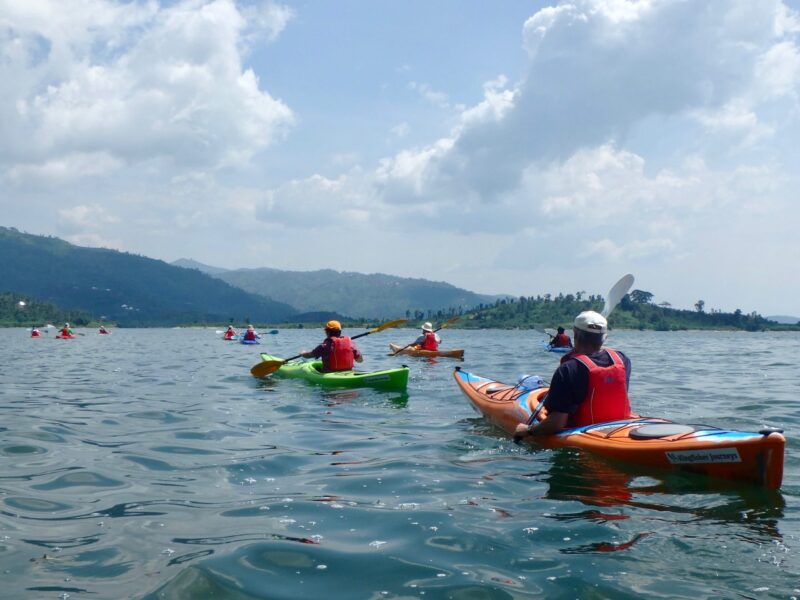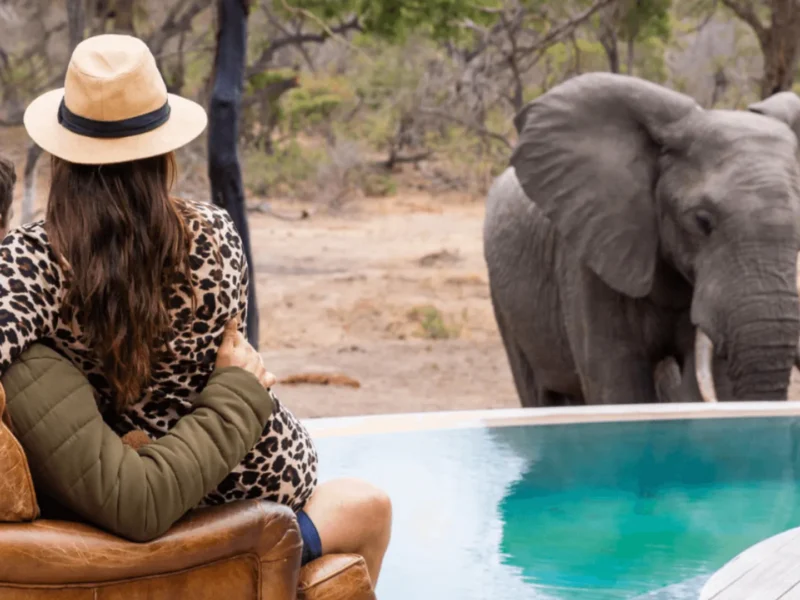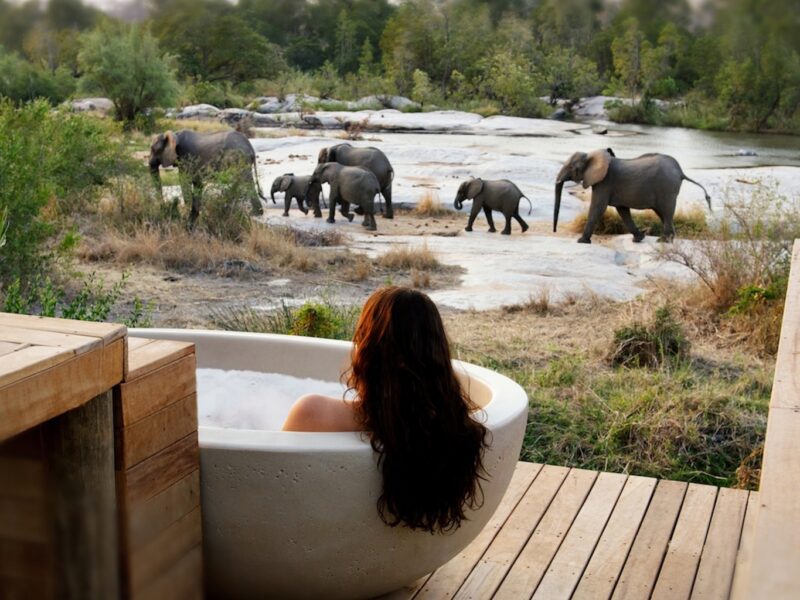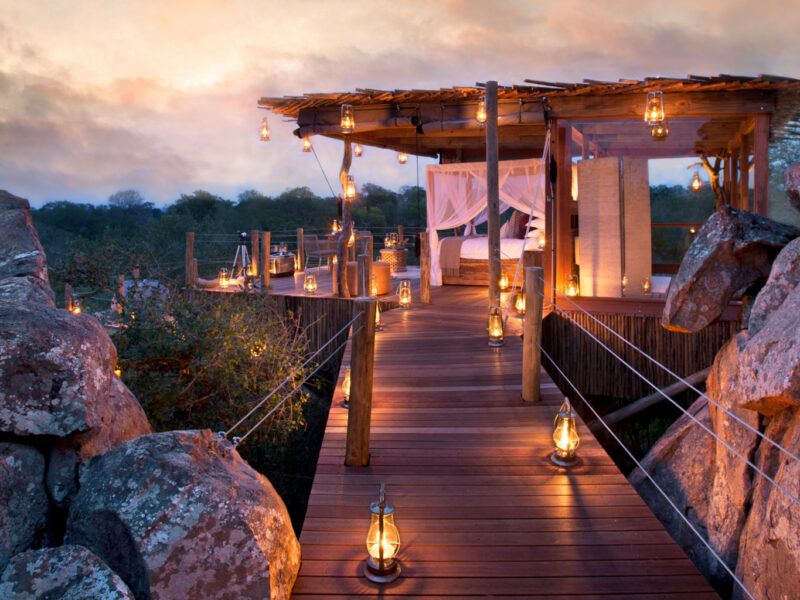When to Visit Rwanda: February
February in Rwanda gracefully closes the short dry season, offering one last window of golden weather before the long rains begin in March. It’s a month that blends the advantages of dry-season travel—clear skies, excellent wildlife viewing, and accessible trails—with slightly thinner crowds than January, making it a strategic and rewarding time to explore the country. Whether you’re drawn to the misty slopes of the Virunga Mountains for gorilla trekking or the rich biodiversity of Nyungwe Forest, February provides favorable conditions with a touch of tranquility.
Climate and Travel Conditions
February’s climate is largely a continuation of January’s—warm, sunny days with relatively low humidity and little rainfall. In most parts of the country, average daytime temperatures hover between 25°C and 27°C (77–81°F), with cooler nights that dip into the mid-teens. While the occasional light shower may drift through, particularly in the afternoons or in forested regions, they’re generally brief and not disruptive.
Because the rains haven’t fully returned, roads remain passable and trails are in good condition, making travel between destinations smooth and reliable. This predictability is especially important for activities like gorilla and chimpanzee trekking, which depend heavily on weather and trail conditions.
Gorilla Trekking in Volcanoes National Park
February is still an excellent time to experience Rwanda’s signature wildlife adventure: trekking to see mountain gorillas in Volcanoes National Park. The drier conditions mean the terrain remains relatively firm underfoot, and the thinner vegetation helps trackers locate gorilla families more quickly. These factors can lead to shorter, more comfortable treks—though the rugged landscape always ensures a good challenge.
With the peak tourist rush of December and January starting to ease, February can also offer a slightly more peaceful experience around the park’s lodges and visitor centers. That said, gorilla permits are limited year-round, so booking well in advance remains essential.
Chimpanzee Tracking and Birdwatching in Nyungwe
In the southwest, Nyungwe Forest continues to thrive in February’s mild conditions. The forest’s extensive network of trails remains open and navigable, providing excellent opportunities for chimpanzee tracking, colobus monkey encounters, and canopy walks. The dense biodiversity of the forest makes it one of the best places in East Africa for birdwatching, and February’s dry weather improves visibility and access to the higher, more remote trails.
For those seeking a truly immersive forest experience, the combination of drier ground, fewer visitors, and active wildlife makes February an exceptional month to explore Nyungwe.
Tranquil Escapes on Lake Kivu
Lake Kivu, with its peaceful waters and dramatic backdrop of terraced hills, continues to shine in February. The climate remains ideal for swimming, boating, kayaking, or simply relaxing by the lake in towns like Gisenyi, Kibuye, or Cyangugu. Fewer crowds also mean a more laid-back atmosphere, perfect for travelers seeking a quieter lakeside escape after wildlife adventures.
Lake Kivu also serves as a scenic transition point for overland itineraries linking Volcanoes National Park with Nyungwe, offering a chance to unwind before or after the more rugged forest treks.
Cultural Experiences and Local Life
February, while not a major festival month, still offers plenty of opportunities to engage with Rwanda’s vibrant culture. The roads are open, the weather is pleasant, and village visits, artisan cooperatives, and cultural centers remain fully accessible. With the slight drop in tourist numbers compared to peak holiday months, there’s often more room for meaningful, personal interactions with local communities and guides.
A visit to Kigali is also rewarding during this time—combining modern café culture, art galleries, and museums with poignant visits to the Kigali Genocide Memorial and historical landmarks that frame Rwanda’s story of resilience and renewal.
Planning and Practical Advice
Though February is a bit quieter than January, it’s still part of the dry season, meaning demand for gorilla permits and quality accommodations remains high. Booking ahead is crucial, especially for popular lodges near Volcanoes and Nyungwe national parks. Travelers should also prepare for early morning starts, particularly for treks, and pack layers for the cooler highland mornings and evenings.




